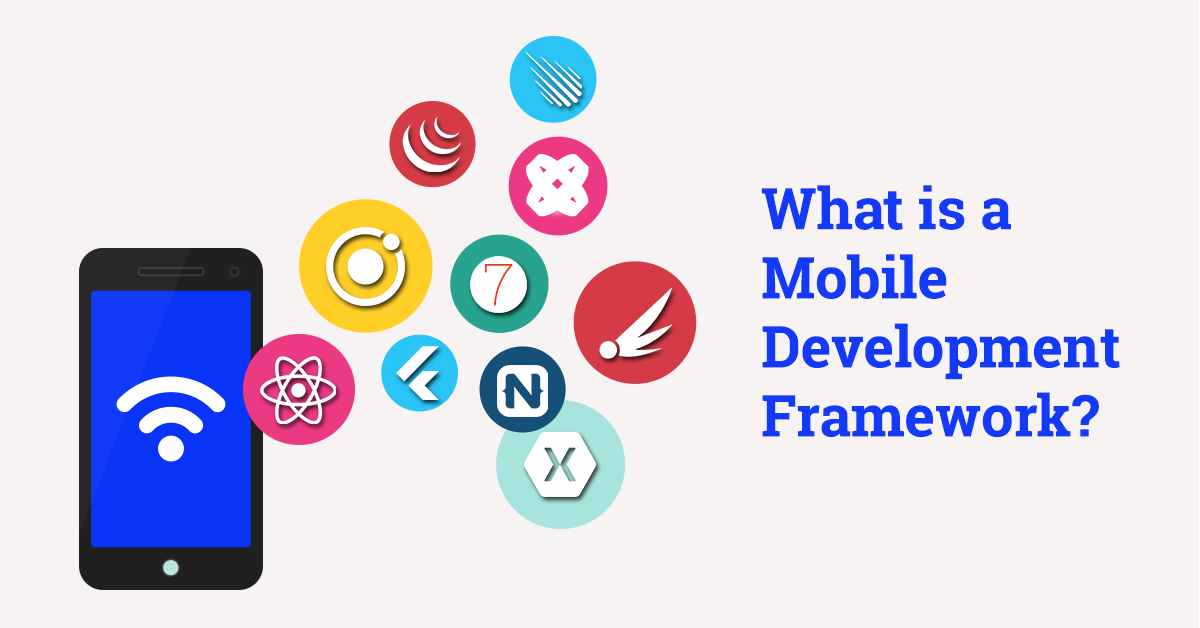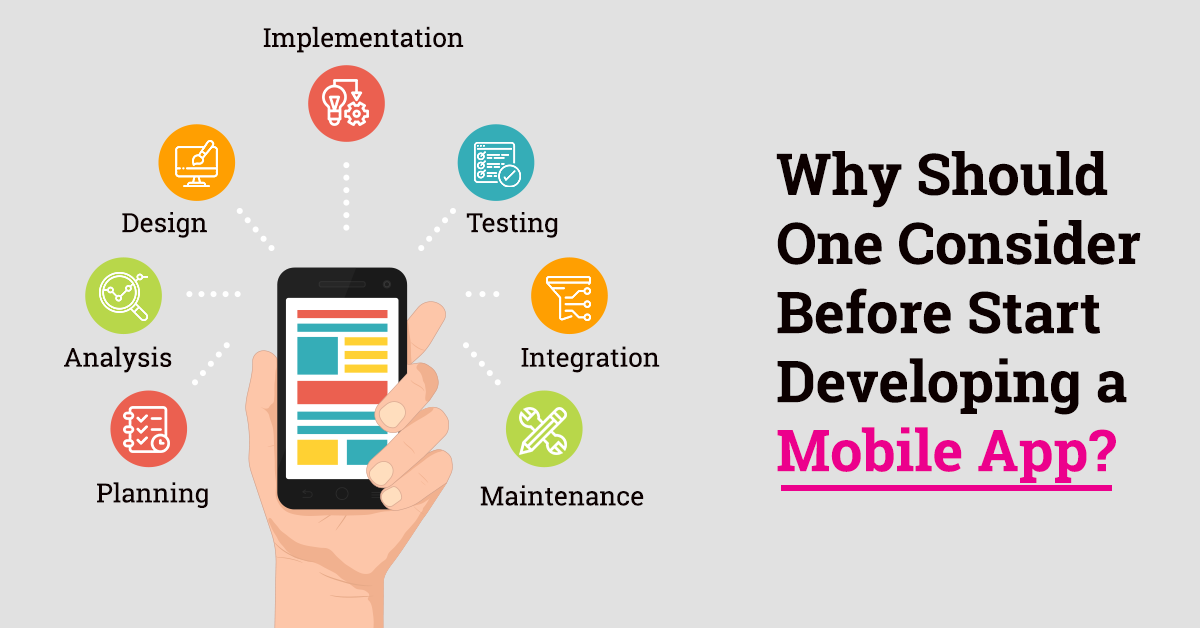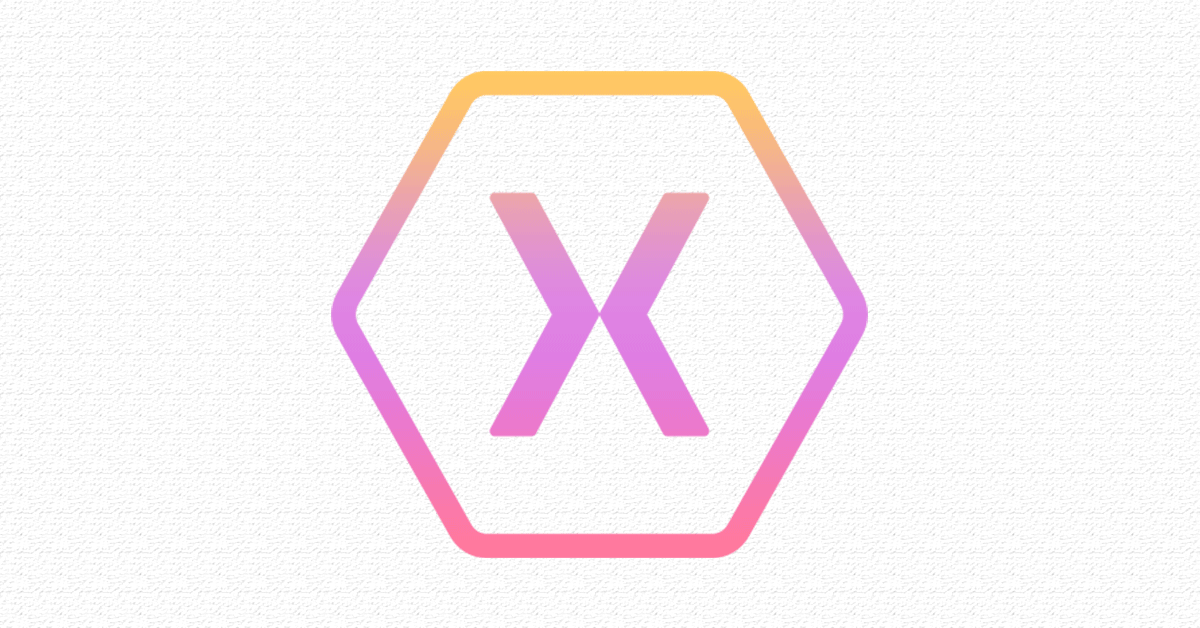 ChatGPT
ChatGPT
 Grok
Grok
 Perplexity AI
Perplexity AI

4 min read | By Admin | 07 July 2021 | Frameworks
In a stats shown by statista.com, worldwide smartphone users are expected to exceed 3.8 billion users in the year 2021.
Literally every individual on this planet is connected to a mobile app in their daily routine. Starting with ordering breakfast till setting up an alarm for the next morning, mobile apps influence an individual’s life like never before.
Ever wondered how come those apps are making users stick with them all day long! Answer to this statement is the staggering mobile development frameworks.
Mobile app framework bestows numerous benefits viz efficiency, speedy development process and future-proof development environment.
But….., have you thought about which framework is ideal for your mobile apps?
Don’t be worried, in this article we walk you through ideal mobile app development frameworks to make a business versatile.

Mobile application development framework is a software-based framework library that renders the required fundamental structure and facilitates to build a mobile apps.
With the pre-built components like compilers, debuggers, toolsets and coding interfaces, the mobile framework helps to build the app for the desired platform.
Furthermore, mobile app framework categorized as:
Native Apps: An application that is especially designed for specific platforms such as Android, iOS, and Windows.
Web Apps: Designed to deliver web pages on multiple web platforms for any device and its functions through browser interfaces.
Hybrid Apps: Combination of both native & web apps and it can be developed for any platform from a single code base.
Notes: Native app development is relatively expensive, and the diverseness of devices & platforms can be a difficulty in ensuring the maximum user penetration.

As a business owner or a developer you may have dreamed of building a successful mobile app.
You may have a better idea for the application, but an idea will not get positive responses from users.
Many apps are dominating in the market and so your idea of the app should be unique enough to stand out from the crowd.
Before you jump to the conclusion of building a mobile app, it is imperative to know its results in advance. To do that, it is good to consider some of these points before embarking on the process of mobile application development.
𝐌𝐚𝐫𝐤𝐞𝐭 𝐑𝐞𝐬𝐞𝐚𝐫𝐜𝐡: A market analysis report can give you very useful insights and opportunity to plan better and allow you to prepare a robust application from the very beginning.
𝐈𝐝𝐞𝐧𝐭𝐢𝐟𝐲 𝐓𝐚𝐫𝐠𝐞𝐭 𝐀𝐮𝐝𝐢𝐞𝐧𝐜𝐞: Identifying the right set of audience for apps is vital to enormous reach and to generate more revenue.
Best Platform Selection: To determine the most suitable platform for your mobile app, you need to keep in mind certain things like app brand, target audience, app features and most importantly pricing strategy.
𝐁𝐞𝐬𝐭 𝐏𝐥𝐚𝐭𝐟𝐨𝐫𝐦 𝐒𝐞𝐥𝐞𝐜𝐭𝐢𝐨𝐧: Basically your app budget depends on your niche. At every stage of application development it is essential to know your budget and allocate it properly.
𝐔𝐬𝐞𝐫 𝐄𝐱𝐩𝐞𝐫𝐢𝐞𝐧𝐜𝐞: User experience is the backbone of any app and is an increasingly crucial feature when it comes to the digital landscape.
𝐌𝐚𝐫𝐤𝐞𝐭𝐢𝐧𝐠 𝐒𝐭𝐫𝐚𝐭𝐞𝐠𝐲: It is important to market an app amongst your target users. Online campaigns, SEO and social media marketing are preferable options for many business owners.
𝐓𝐞𝐬𝐭𝐢𝐧𝐠: Testing will allow your app to throw dust in all corners and bitterness and be a powerful business tool that can connect your business with your customers.
Do consider these above things in your mind before you build an app.
Now, let’s get back again to the app frameworks. In this article, we have gathered the TOP mobile development frameworks in 2021, which aid you to build mobile apps fruitiously and efficiently.


React Native combines the best parts of native development with React, a best-in-class JavaScript library for building user interfaces.
You can use React Native in your existing Android and iOS projects or you can create a whole new app from scratch.
With React Native, one team can maintain two platforms and share a common technology. It offers a core set of platform agnostic native components like View, Text, and Image that map directly to the platform’s native UI building blocks.
This enables native app development for whole new teams of developers, and can let existing native teams work much faster.

Creating an app with Swiftic will be more than easy and it’s the one of the best framework for mobile app development available in the iOS platform.
Devices Supported: Android, iPhone/iPad and Web-based.
The most prominent benefit of Swiftic is its friendly interface. It is one the most easy to use interfaces and is a blessing for anyone who doesn’t have the technical know-how of app development.
Swiftic solves the problem through a simple, automated system that makes it possible to design, develop ,and customize a unique app that is perfect for business needs.

Flutter is Google’s UI toolkit for building beautiful, natively compiled applications for mobile, web, desktop, and embedded devices from a single codebase.
Flutter’s widgets incorporate all critical platform differences such as scrolling, navigation, icons and fonts to provide full native performance on both iOS and Android.
It is a free and open-source cross platform mobile development frameworks. Flutter’s hot reload helps you quickly and easily experiment, build UIs, add features, and fix bugs faster.

Xamarin is an best cross platform framework to build an Android and iOS apps with .NET and C#.
It develops native, cross-platform mobile apps and shared native user interface and Xamarin develops across Windows and Mac with world class developer tools for the entire app life cycle.
Integrate with modern backend services, native APIs and components. Xamarin’s powerful libraries to access native APIs and 2D graphics from shared code.
Xamarin is part of the open-source .NET platform that has a strong community of contributors from more than 3,700 companies.
Ionic Framework is an open source mobile UI toolkit for building high quality, cross-platform native and web app experiences.
Ionic offers a library of mobile-optimized UI components, gestures, and tools for building fast, highly interactive apps.
With Adaptive Styling, apps look and feel at home on every platform. Ionic’s UI components look great on all mobile devices and platforms.
Ionic’s components are written in HTML, CSS, and JavaScript, making it easy to build modern, high quality UIs that perform great everywhere.

It is a free and open source framework to develop mobile, desktop or web apps with native look and feel.
With a stunning set of UI components that Framework7 provides to create web apps, progressive web apps (PWA) and iOS and Android apps.
Framework7 paired with extra tools like Electron and NW.js allows you to build native desktop apps.
It is also an indispensable prototyping tool to show working app prototypes as soon as possible in case you need to.

Meteor is an open source framework for seamlessly building and deploying Web, Mobile, and Desktop applications in Javascript.
Meteor is a mature open source framework that allows you to build and scale efficiently so you can serve millions of users.
It integrates with any front-end JS framework, including React, Vue, Svelte, Blaze, and Angular.

jQuery is a lightweight, “write less, do more”JavaScript library. It simplifies a lot of the complicated things from JavaScript, like AJAX calls and DOM manipulation.
jQuery is a cross-platform JavaScript library developed to ease the involved client-side scripting of HTML.
It facilitates the users to write UI related function codes in minimum possible lines and it improves the performance of an application.
It makes things like HTML document traversal and manipulation, animation, event handling, and AJAX very simple with an easy-to-use API that works on a lot of different types of browsers.

Open-source framework used to build native mobile applications using Angular, Vue.js, TypeScript, or JavaScript on iOS and Android.
Nativescript also gives you direct access to all iOS and Android APIs, along with free templates and app samples. They have a collection of free extensile plugins for various purposes as well.
Nativescript is strongly recommended to those developers who want to build applications for multiple platforms within a lesser duration and effective cost.

Titanium is an open-source development framework that allows you to build mobile apps for all platforms.
Write in JavaScript, run native on any device and OS. Creates great, native mobile apps all from a single JavaScript code base.
Titanium is based on a Javascript-based SDK with over 5000 APIs for Windows, HTML5, iOS, and Android.
This framework comes with numerous UI components that can be used to create rich experiences for the users.
After considering the operating system, development time and cost, we have listed the best 10 mobile development frameworks for your utilize to build mobile apps.
Know out these mobile application development framework before you build an app and choose the best one that is apt for your business and technological requirements.
Looking for any services in mobile app development? Let’s build your mobile app with technological advanced solutions in Colan Infotech. Don’t hesitate to contact us to build market-leading apps for your business growth.
Join over 150,000+ subscribers who get our best digital insights, strategies and tips delivered straight to their inbox.
One reply on “Top 10 Mobile Development Frameworks to Build Mobile Apps”
This was a very meaningful post, so informative and encouraging information, Thank you for this post.